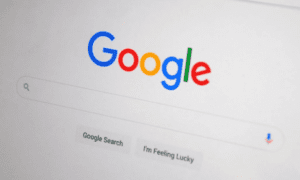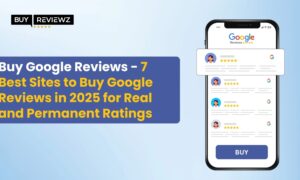The United States Justice Department and Google concluded their closing statements on Friday about allegations that the Alphabet division has illegally controlled web search and associated advertising.
TakeAway Points:
- The US Justice Department and Google wrapped up their closing remarks over claims that the Alphabet subsidiary had improperly manipulated web search and related advertising.
- John Schmidtlein, a lawyer for Google, retorted that the company’s revenue from digital advertising in the US has been declining over time.
Alphabet Subsidiary Alleged to Unlawfully Control Web Search
The government believes that this case has the potential to influence the “future of the internet.”
For hours, U.S. District Judge Amit Mehta in Washington questioned the parties, examining whether other platforms like Facebook and Instagram from Meta and TikTok from ByteDance are viable alternatives for search advertising funds.
Google’s advertising business accounts for approximately three quarters of its revenue; U.S. government lawyer David Dahlquist argued that “advertising revenue is what drives Google’s monopoly power today.”
Mehta further stated that a central issue was platform “substitute-ability” for advertisers, which the court must resolve. He will now begin preparing to render a major decision on whether Google’s conduct broke civil antitrust law.
“Only a monopolist can make a product worse and still make more money,” Dahlquist argued.
John Schmidtlein, a lawyer for Google, retorted that the company’s revenue from digital advertising in the US has been declining over time. He bragged about the advertising prowess of Amazon, Facebook, and Instagram at Meta, and TikTok from ByteDance.
Schmidtlein contended that since advertisers are aware of overlapping audiences and have other options for where to spend their money, Google is “limited” by competing platforms “where the eyeballs are.”
Additionally, he claimed that Google was constantly innovating its search advertising offerings. Why would Google want to improve anything if it is a monopoly? “Why not simply raise the price?” he asked the judge.
“Google has prevailed with a superior product,” he later claimed.
In a trial that began on September 12, the Justice Department has relentlessly pressed its claims that the dominant search engine is a monopolist that has unlawfully abused its position to increase profits.
Alphabet’s Annual Payments
Witnesses included representatives of Verizon, Samsung Electronics, the company that manufactures Android smartphones, and Google itself.
Testimony was taken regarding the company’s annual payments ($26.3 billion in 2021) to ensure that its search remains the default on smartphones and browsers.
Mehta also addressed the government’s assertion that Google purposefully destroyed internal records pertinent to the lawsuit.
Mehta was requested by the government to assume that communications critical of Google were removed.
Mehta kept challenging Google’s previous policy, claiming that staff members were still in charge of deciding whether to save documents.
“They should have been preserved. Should there be some consequence for what, at a minimum, was far from best practices?” the judge asked.
Colette Connor, an attorney for Google, defended the company’s data preservation policies, calling them reasonable, and begged the court to refrain from sanctioning the business.
The lawsuit was the first of many brought by the administration of former President Donald Trump with the goal of limiting the market dominance of digital giants.
During the Trump administration, a second lawsuit was also brought against Facebook’s parent company, Meta. Subsequently, the antitrust prosecutors led by President Joe Biden filed a second lawsuit against Google, as well as cases against Amazon.com and Apple Inc.



































